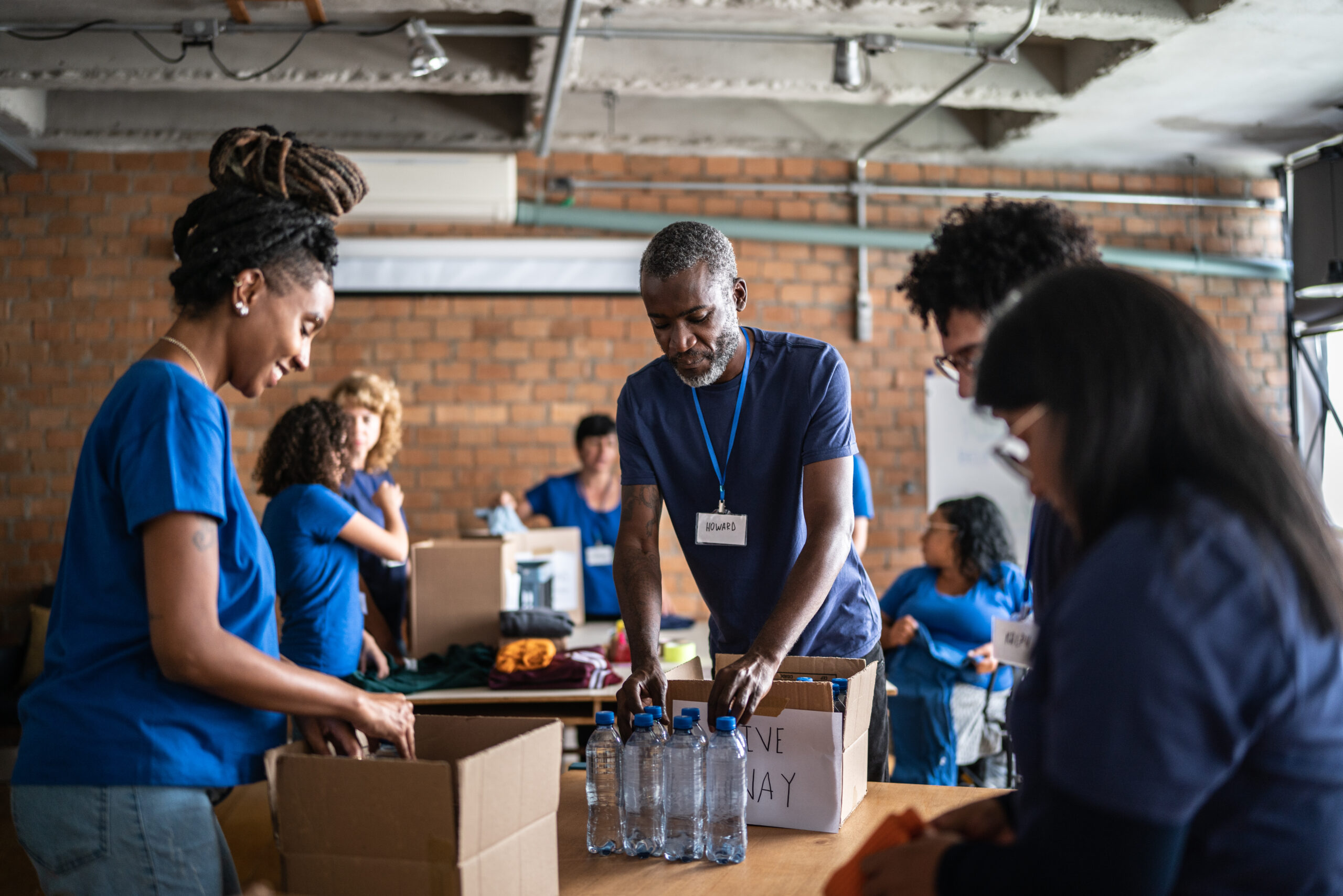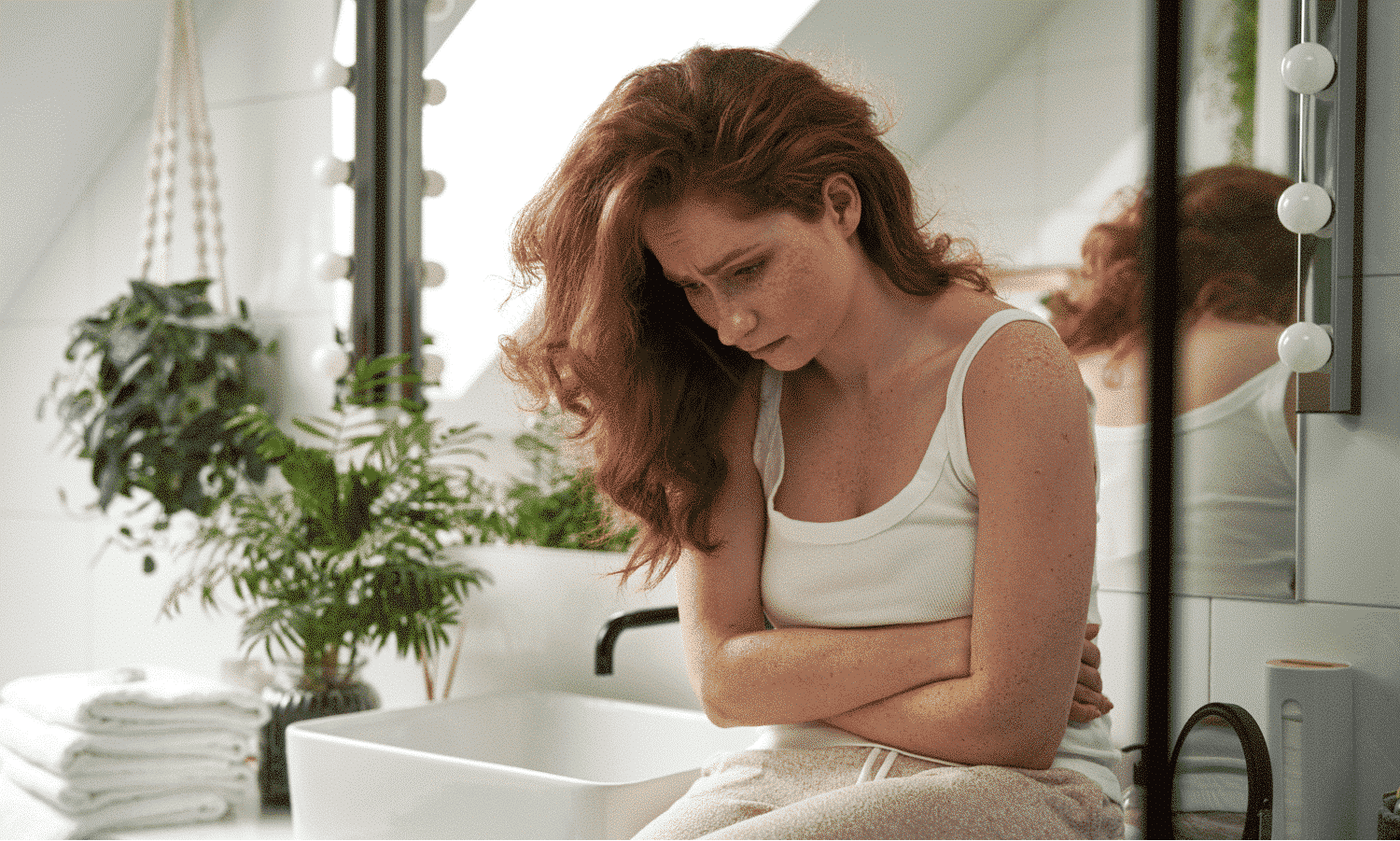|
Getting your Trinity Audio player ready...
|
When you’ve been diagnosed with breast cancer, it can often feel like the rug has been pulled out from under you. A diagnosis is life-changing and can feel like a heavy burden.
We understand that post-diagnosis, you’re probably dealing with a lot of difficult feelings like isolation, stress, and even identity struggles.
Although it may feel like it at times, you’re not alone, and your cancer does not define who you are.
In this article, we’ll share some tips on how you can process and cope with your breast cancer diagnosis. The first step towards living better with breast cancer is accepting your condition. Then, you can work towards finding joy in the everyday and making positive changes to improve your quality of life.
You’ve just been diagnosed with breast cancer. What now?
Many people before you have been on the receiving end of a breast cancer diagnosis and have managed to make it through each day. Reflect on this as a reminder that you’re not alone during your journey.
Understanding what lies ahead is an important part of processing your current situation. When it’s time for your first breast cancer check-up appointment, consider asking your doctor the following questions:
- What treatment method is recommended for me?
- Where and how will I receive treatment (e.g., chemotherapy or radiation)?
- How long will it take?
- What are the most common side effects?
- How do I know if the treatment is working?
In addition to asking these questions, it’s a good idea to prepare yourself as much as possible before your appointments.
A breast cancer diagnosis has huge emotional side effects, so it’s normal to feel overwhelmed or nervous before appointments. Check out this article on how you can make the most out of your check-ups and reduce stress levels in between.
Your healthcare team is there to support and help you during this time, and so are your loved ones. Reaching out to your support network can really help limit some of the difficult emotions you might be experiencing.
Getting help with household chores, administration, finances, division of roles, and day-to-day planning could make a big difference. Be sure to read more about building an effective support network when you’re living with breast cancer right here.
Support comes in all shapes and sizes. If you need a bit of extra help but aren’t sure of who to ask, try reaching out to the following:
- Your doctor
- The nurses involved during your treatment
- Professional psychological support (e.g., from psycho-oncologists)
- Your partner
- Your family
- Your friends
- Your work colleagues
- Other people who have been diagnosed with breast cancer
How to cope with a breast cancer diagnosis
Because a breast cancer diagnosis is so far-reaching, it can often end up affecting you in ways you never thought of. With this in mind, we’ve prepared a list of tips to help you in your everyday life. These tips cover a number of lifestyle areas, from physical activity to mental health and are designed to help you live better when living with cancer.
Creativity
Mentally coming to terms with your breast cancer diagnosis is hard work. Understanding and recognizing the vast array of feelings you’re dealing with on a daily basis can be super tricky for you and those around you. Keep in mind that your feelings are valid, and it’s okay not to be okay. You can read more about that here.
It’s good to allow yourself to experience both negative and positive emotions and to find a way to express them in a healthy manner. This can be done, for example, through creativity and movement.
Why not try some of the following creative methods to express and process your feelings?
- Letting the tears flow when they come
- Painting
- Sports and other forms of movement, especially outdoors
- Dance
- Listening to or making music
- Keeping a diary
Create new habits & goals
When you’ve been diagnosed with a serious condition like breast cancer, you may feel like you’re transforming from “person” to “patient” and losing your identity.
Feeling out of touch with yourself can have a big impact on your self-esteem and may lead to more serious side effects like anxiety and depression.
Many people who have breast cancer feel that their lives revolve entirely around their condition. There may even be days when you struggle to recognize yourself. On days like these, it’s all the more important to practice self-love and kindness. Remind yourself that you’re still you. Your cancer doesn’t define you.
Let the negative thoughts have their say, but don’t let them take over. You are and will always be yourself, even after a breast cancer diagnosis.
Forming new positive habits will help you on your journey. Think about what boosts your everyday happiness. Are there any special goals you have for yourself or things you’ve always wanted to try? If you feel up to it, now is the time to put yourself first and find joy in every day.
Practicing mindfulness is a great way to learn how to embrace the present moment. Mindfulness can also help you to reduce stress and improve your overall wellbeing. Meditation, for example, is a positive habit you can make part of your daily routine. Find out more about the benefits of mindfulness right here.
Intimacy & relationships
Finding comfort in the relationships you have with your loved ones can be a great way to deal with feelings of isolation and stress. This could include your family, friends, partner, or even colleagues.
As we mentioned above, help and support can come in many forms. We know that it’s not always easy to ask for help, and sometimes, just having a chat with someone can work wonders. The people in your life care about you and love you. Enjoy your time together and take comfort in their company.
In the period after your breast cancer diagnosis, your need for intimacy and closeness may also change. Some days, you might crave tenderness and gentle physical contact. Others, you may feel vulnerable and want space. Try to recognize your needs and take them seriously. That way, you’ll be able to seek the right support and communicate your feelings better.
Seek hope, joy, and meaning
A breast cancer diagnosis and the treatment that follows can take their toll on both body and mind. It’s normal to feel physically and mentally unsettled. There will be good days and bad days throughout your journey, and that’s totally okay.
A great way to maintain a mental balance during this tricky time is to try and find joy in every day.
Ever heard of micro-joys? They’re the little things in life that spark joy. Being diagnosed with a life-changing condition like breast cancer can really cause your sense of perspective to shift. Try focusing on the simple pleasures that make you happy, even if only for a little while. Micro-joys can be anything from (literally) stopping to smell the flowers, eating something delicious, a hug from a loved one, or listening to your favorite song.
There are a number of other ways to find joy in the everyday. You could also try:
- Engaging in open conversations with someone you trust
- Practicing self-care: there are days when this will feel tricky, but remember, no act of self-love is too small
- Having confidence in yourself and your healing journey
- Accepting help
- Different forms of relaxation, like guided meditation or yoga
Practice compassion & patience
A lot of people who have experienced breast cancer report feelings of loss and grief both post-diagnosis and after a full recovery. Grieving for your health and your pre-cancer self is valid and natural.
Breast cancer survivor, Cordelia, experienced a mourning period during her recovery time:
It would have helped so much if someone or something external to me had validated how I was feeling and said, ‘Well, of course you will feel strong grief for what you have lost, and of course you can’t be who you were. How could you be after all you have gone through?’
Allowing yourself enough time to process your diagnosis is vital. Initially, your first instinct may be to go straight into survival mode and start trying to deal with all of the different consequences of your situation at once.
Pause, take a breath, and be patient with yourself. Allow yourself to feel and express the way you’re feeling. There are a lot of positive lessons to be learned, such as setting boundaries and practicing open communication. Patience is a factor that will help you a lot right now. It does so much good to take all the time you need.
With a little compassion for yourself and everything you and your body are going through, your healing journey will be much smoother.
A great way to practice self-compassion is by celebrating small successes every day. You could try recording them in a diary, for example. If you have a day where you feel overwhelmed or stressed out, it’s a wonderful, nurturing habit to flip through the pages again and remind yourself of your strength. Reflect on what you’ve already accomplished and achieved and be proud of yourself.
Healthy habits
By eating healthy and getting enough rest, you can help your body and mind to better deal with stress, fatigue, and pain. Eating healthy helps you to stay healthy.
The emotional side effects of a breast cancer diagnosis can trigger feelings of exhaustion, and cancer treatment itself can also cause fatigue. If you feel the need to rest and lie down, allow yourself to do so. Resting is good for your recovery, especially right after inpatient treatment.
Resting is not laziness, it’s medicine.
Sleep keeps your immune system in check and gives your body a chance to do some healing overnight.
While getting enough rest is vital, it’s also invigorating to get yourself out into nature and engage in physical activity. Even if it’s just for a few minutes. Every little step counts.
You can read more about the benefits of physical activity when living with cancer in this interview with a physical therapist.
Your journey with breast cancer is unique to you, and there’s no right or wrong way to feel.
There will be good days and bad days. The above tips are designed to help you find a little bit of comfort during this turbulent time.
You may also find comfort in some of our other breast cancer articles. Explore them further right here.












